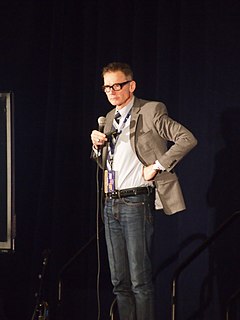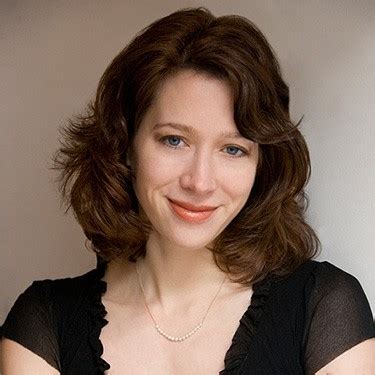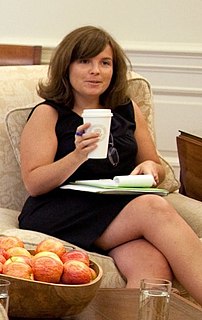A Quote by Jon Spaihts
I'd wanted to be a writer since I was knee-high. Once I knew that books were written by people and didn't just happen, it was obviously that I would write them, too.
Related Quotes
Its intuition that works. Just intuition.""Waterstones was aimed at me. I knew that I wanted, and badly needed in my life, bookshops just like the ones I was creating. I simply assumed that plenty of other people, no doubt of wildly differing demographics, would find once they saw them that they wanted them too. Well - they did.
By the time I got to college I had stopped reading books because I wanted to "be cool" and started reading books simply because I wanted to read them. I discovered heroes like Roth, King, Dahl, Shirley Jackson, Patricia Highsmith, TC Boyle, Douglas Adams, Neil Gaiman, David Sedaris. These people weren't trying to "rebel against the literary establishment." They were trying to write great, high-quality books that were as entertaining and moving as possible.
In terms of the economics, yes obviously the rise of e-books and how people choose to read books has a big effect on the economics of the game. But whether people are buying them on paper or downloading them there's still some poor wretch in a room who is trying to write a poem, write a story, write a novel. And so my job doesn't change. It's just how people receive it and economic conditions on the ground change, but that doesn't affect what I write.
I think that if you look at all of the books that have ever been written about people working in the White House, they're sort of the opposite of my book. And I think that so many people want to write a book that sort of memorializes their place in history. And I wanted to write something for all of the women who are like me. I grew up in upstate New York, I graduated high school with 70 other people and didn't ever know that anything like this would have really been an option for me. So I wanted other young women — and men — to know that just being you is plenty.
One wouldn't want to say that what makes a good writer is the number of books that the writer wrote because you could write a whole number of bad books. Books that don't work, mediocre books, or there's a whole bunch of people in the pulp tradition who have done that. They just wrote... and actually they didn't write a whole bunch of books, they just wrote one book many times.
I write about the period 1933-42, and I read books written during those years: books by foreign correspondents of the time, histories of the time written contemporaneously or just afterwards, autobiographies and biographies of people who were there, present-day histories of the period, and novels written during those times.
When we signed with Warner Bros., they knew what they were getting. They knew they weren't going to get some easily manipulated prepackaged pop group. That was not going to happen. What they wanted, I think, was the integrity that we had to offer. What they wanted was the kind of street cred or cache that R.E.M. could bring to them and the chance that we would give them a hit or two. What happened was we gave them a bunch of hits. And we became huge.





































